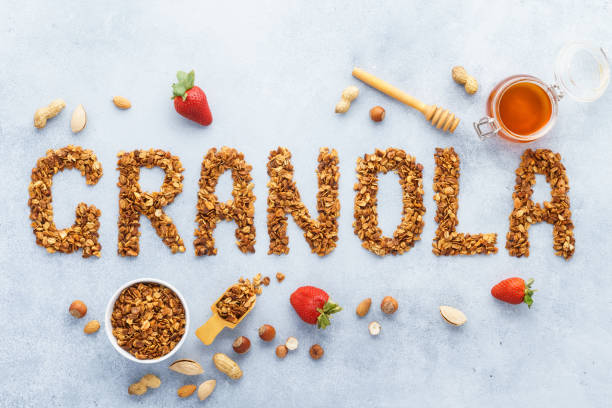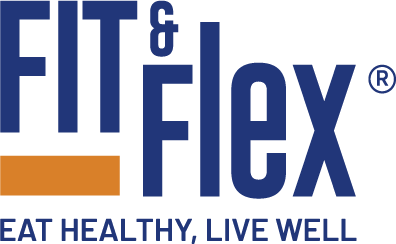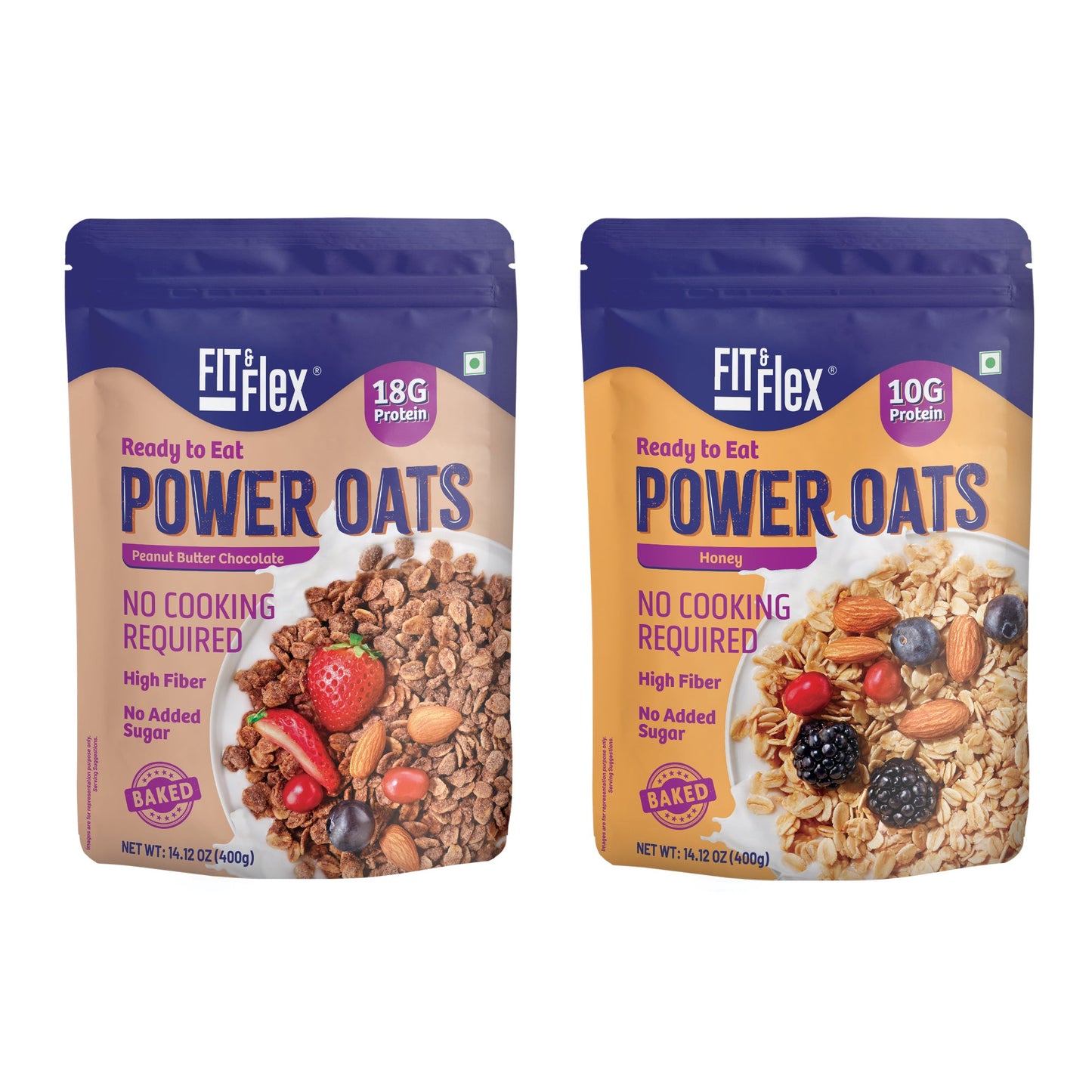7 Myths Debunked about Granola

Granola has long been a popular choice for breakfast and snacks, but it's also surrounded by various misconceptions. Is it too high in sugar? Is it calorie-dense? Can it fit into different dietary preferences? It's time to separate fact from fiction and unveil the truth about granola. Here are seven common myths and facts about this crunchy favorite.
Myth 1: Granola is Always High in Sugar
Not all granolas are created equal. While some store-bought varieties can be high in added sugars, many brands offer low-sugar or no-added-sugar options. Reading the ingredient list and nutrition label is key to finding a healthier granola. Homemade granola also allows you to control the amount of sugar used, making it easy to create a lower-sugar version that still tastes great.
Myth 2: Granola is Too Calorie-Dense
It's true that granola can be calorie-dense, primarily due to its healthy fats and sugars. However, portion control is crucial. A typical serving size is around 1/4 to 1/2 cup. Pairing granola with nutrient-dense foods like yogurt, fruit, or milk can create a balanced meal that provides lasting energy without excessive calories.
Myth 3: Granola is Just for Breakfast
Fact: Granola is incredibly versatile and can be enjoyed at any time of the day. Use it as a topping for smoothie bowls, sprinkle it over salads for added crunch, or simply enjoy it as a snack. Granola can also be used in baking, such as in granola bars or as a crunchy topping for muffins and cakes.
Myth 4: Granola Isn't Suitable for Weight Loss
Fact: Granola can be part of a weight-loss diet when consumed in moderation and as part of a balanced diet. Its fiber content can help keep you feeling full, reducing the likelihood of overeating later in the day. Choosing granolas with minimal added sugars and healthy fats, and combining them with protein-rich foods, can support your weight loss goals.
Myth 5: Granola is Not Nutritious
Granola can be highly nutritious, depending on its ingredients. Many granolas are made with whole grains like oats, which are rich in fiber, vitamins, and minerals. Nuts and seeds added to granola provide healthy fats, protein, and additional nutrients. Dried fruits contribute natural sweetness and fiber, while spices like cinnamon can offer antioxidants.
Myth 6: Granola Can't Be Part of a Vegan Diet
Granola can easily fit into a vegan diet. Many granola recipes and brands use plant-based ingredients exclusively. Look for granolas made with oats, nuts, seeds, and dried fruits, and avoid those containing honey or dairy-based ingredients. There are numerous vegan-friendly granola options available in stores and recipes to try at home.
Myth 7: Homemade Granola is Too Complicated to Make
Making granola at home is simpler than you might think. Basic recipes typically require mixing oats, nuts, seeds, and a sweetener like maple syrup or agave, then baking until golden brown. This allows you to customize your granola to your taste and dietary needs, ensuring a healthy and delicious result without any unnecessary additives.
Granola related some FAQ's
Q1. Can granola be part of a vegan diet?
Ans. Yes, granola can easily fit into a vegan diet. Many granola recipes and brands use plant-based ingredients exclusively. Look for granolas made with oats, nuts, seeds, and dried fruits, and avoid those containing honey or dairy-based ingredients. There are numerous vegan-friendly granola options available.
Q2. Is homemade granola too complicated to make?
Ans. No, making granola at home is simple. Basic recipes typically involve mixing oats, nuts, seeds, and a sweetener like maple syrup or agave, then baking until golden brown. This allows you to customize your granola to your taste and dietary needs, ensuring a healthy and delicious result without unnecessary additives.
Q3. What are the benefits of eating granola?
Ans. Granola is a versatile, nutritious food that can be tailored to fit various dietary preferences and health goals. It can be a good source of fiber, healthy fats, protein, vitamins, and minerals. When chosen and consumed mindfully, granola can be a wholesome addition to your diet.
Q4. How can I choose a healthy granola?
Ans. To choose a healthy granola, read the ingredient list and nutrition label carefully. Look for granolas with whole grains, minimal added sugars, and healthy fats. Avoid those with artificial additives and excessive sweeteners. Homemade granola is also a great option to control the ingredients.
Q5. Can granola be included in a balanced diet?
Ans. Yes, granola can be included in a balanced diet. It can be part of a nutritious breakfast or snack when paired with other nutrient-dense foods like yogurt, fruits, or milk. Moderation and portion control are key to enjoying granola as part of a healthy diet.
Bottom Line
Granola is a versatile, nutritious food that can be tailored to fit various dietary preferences and health goals. By debunking these common myths, we can appreciate granola for its potential benefits and deliciousness. Whether you prefer store-bought or homemade, granola can be a wholesome addition to your diet when chosen and consumed mindfully. So go ahead, enjoy a bowl of granola, and relish in its crunchy goodness knowing the facts.




